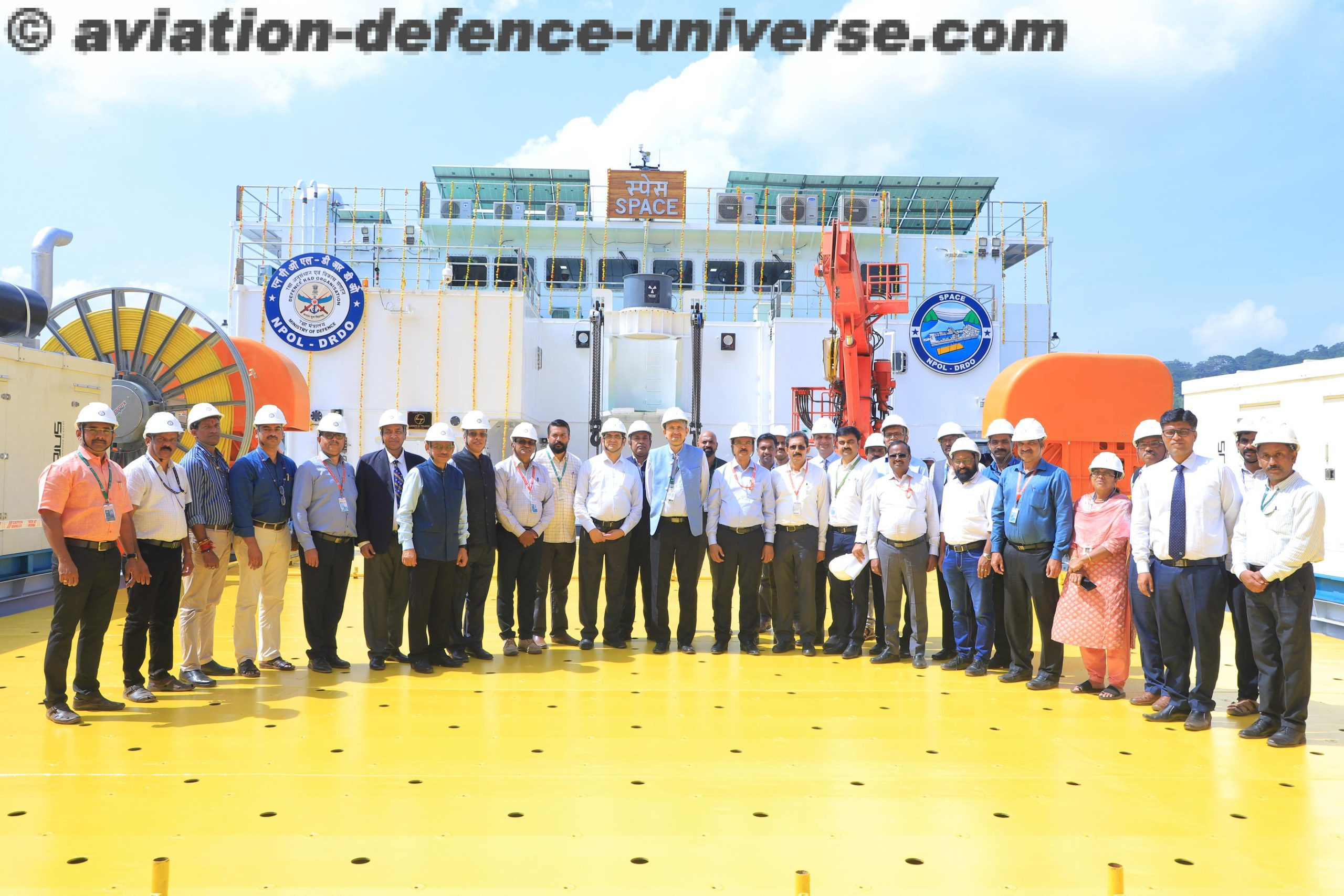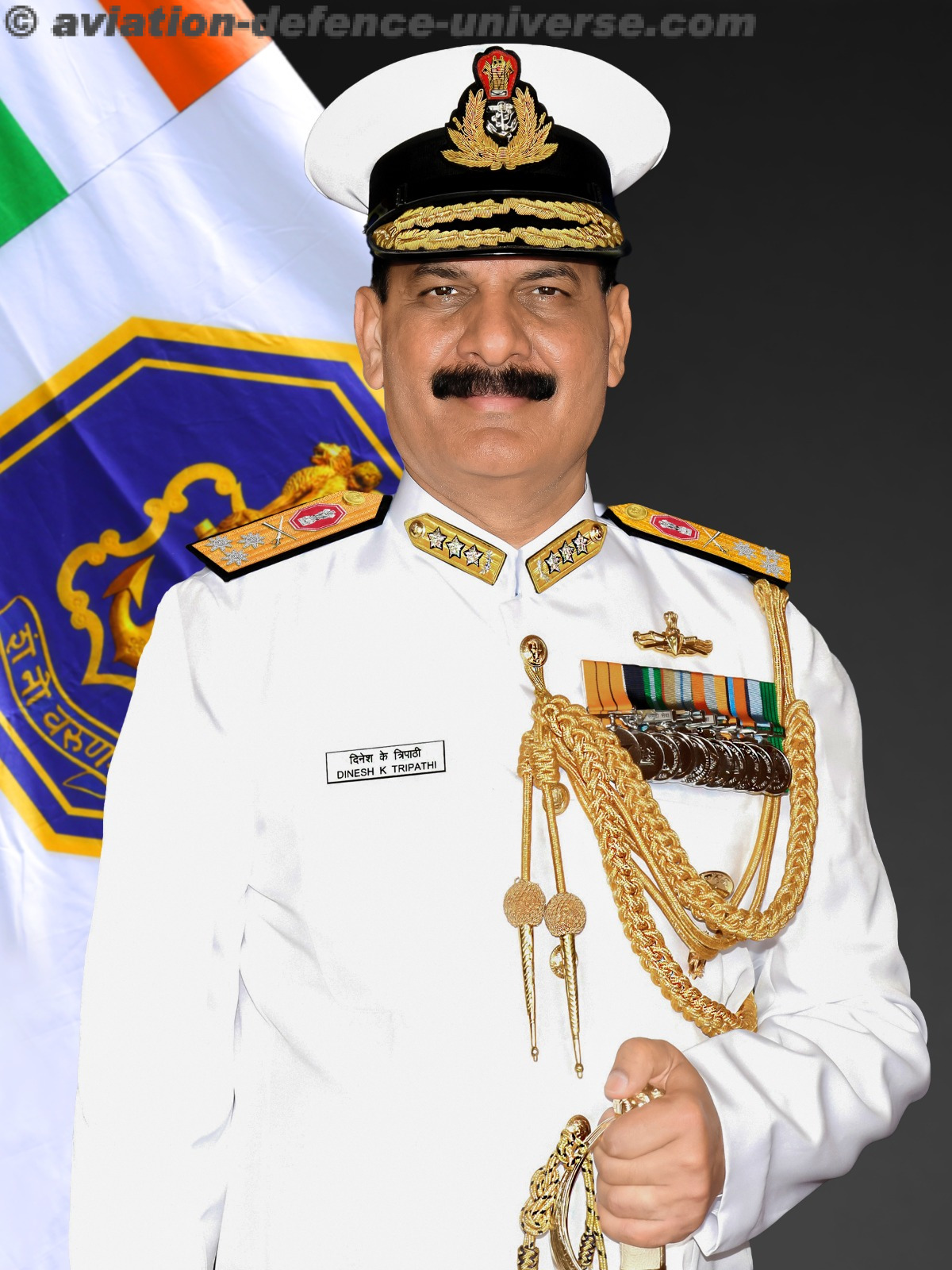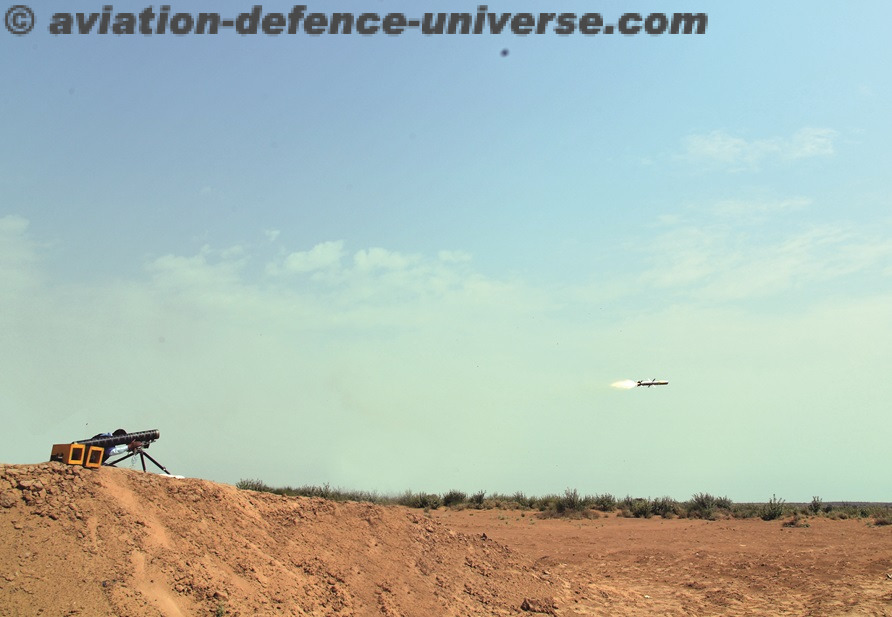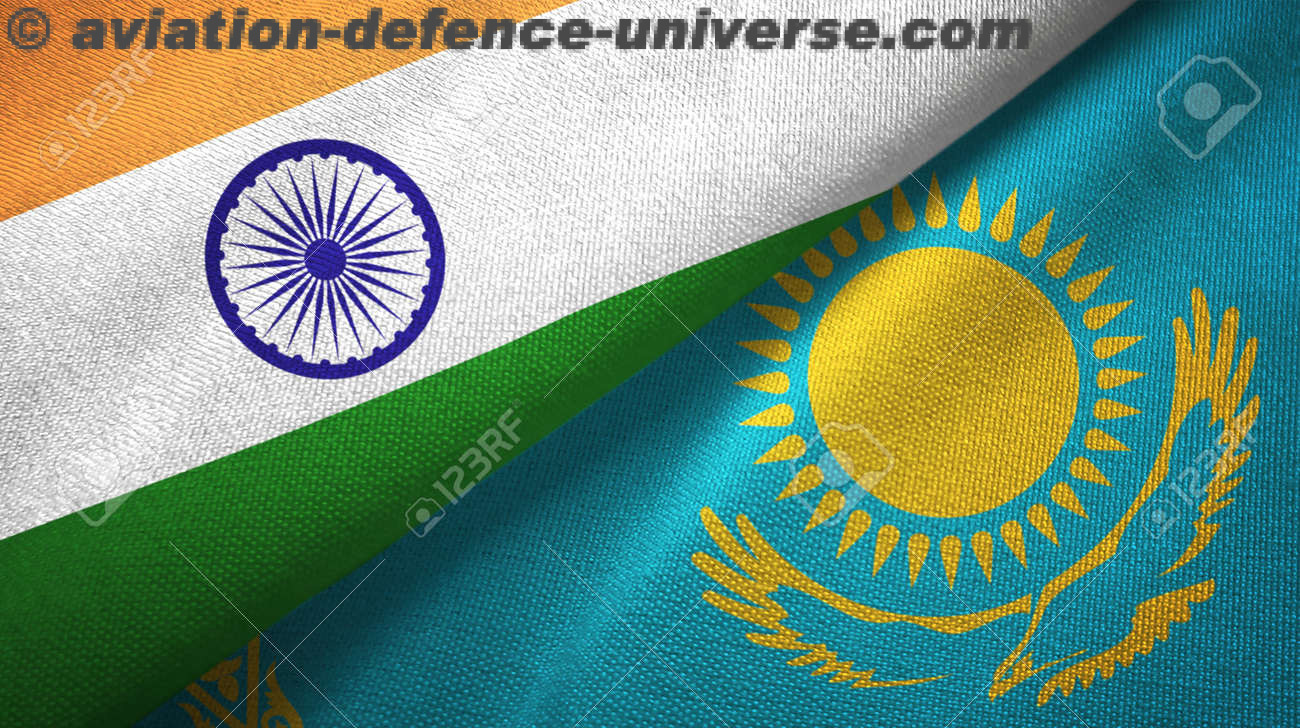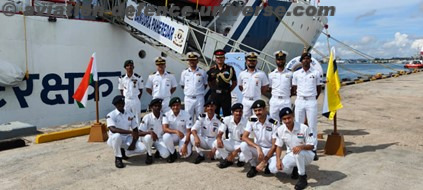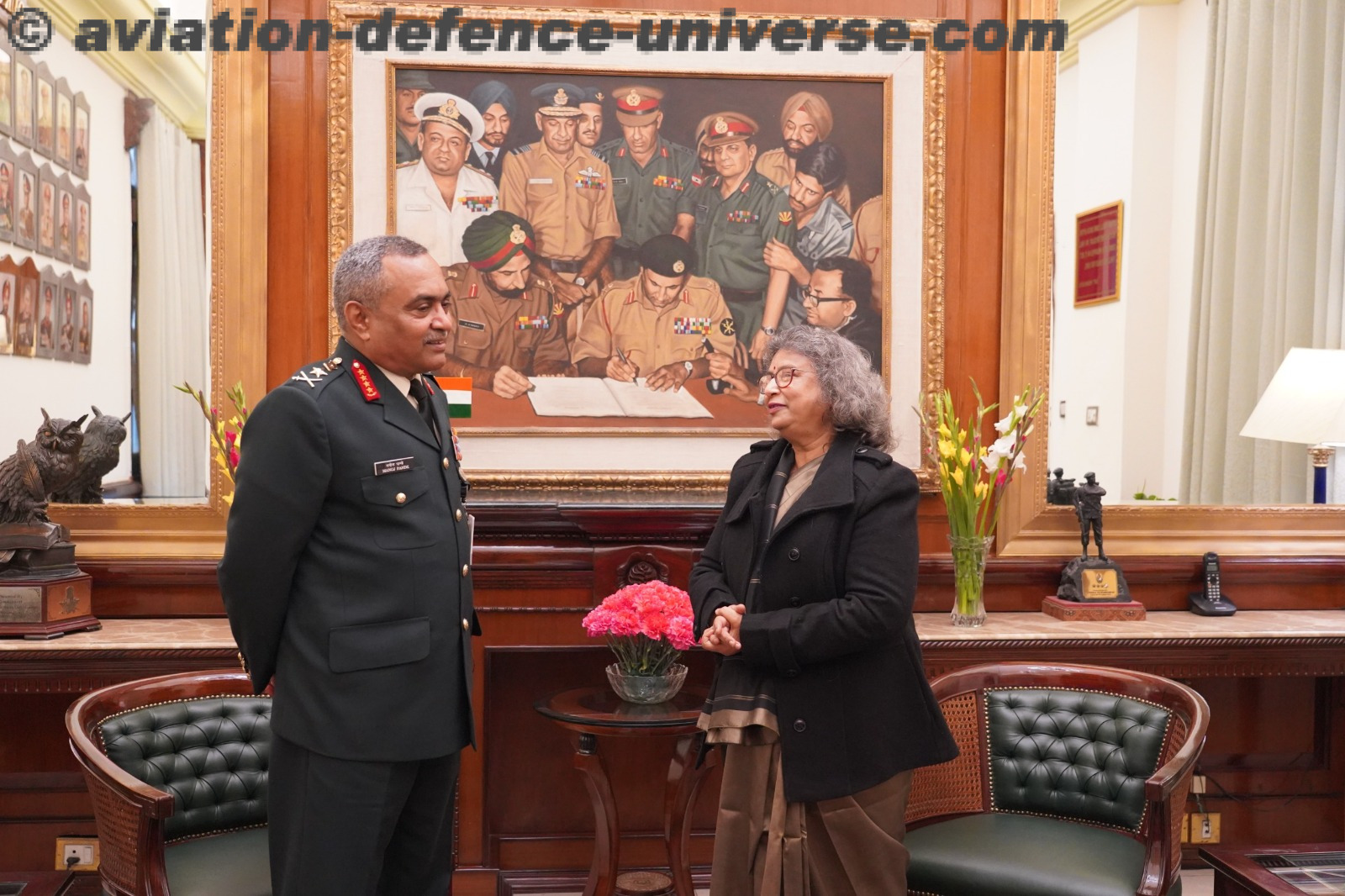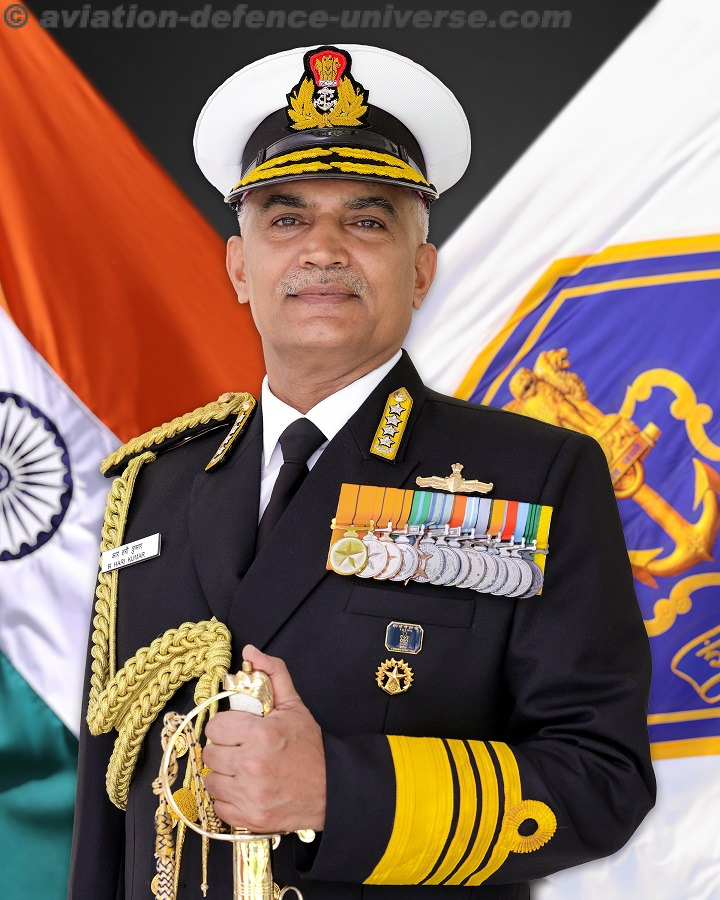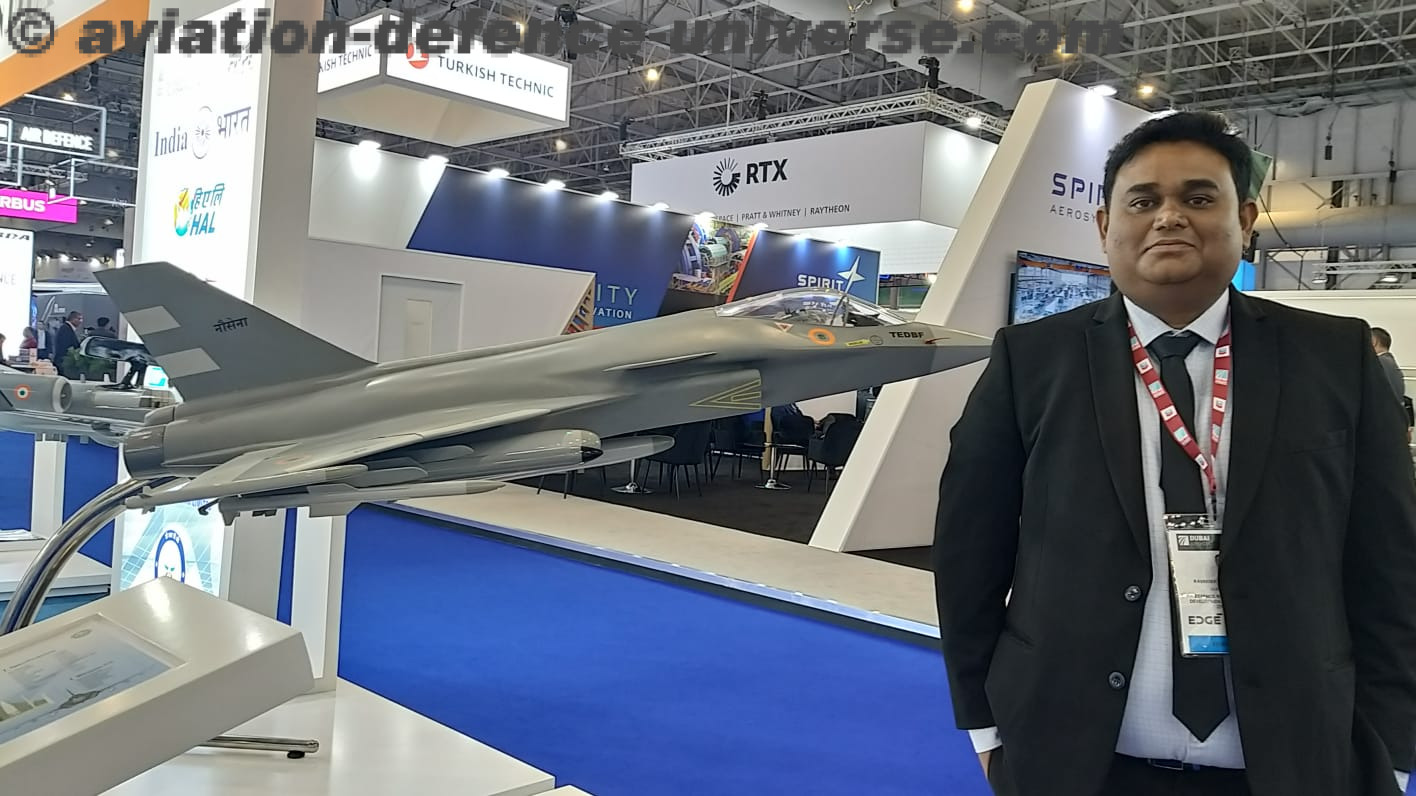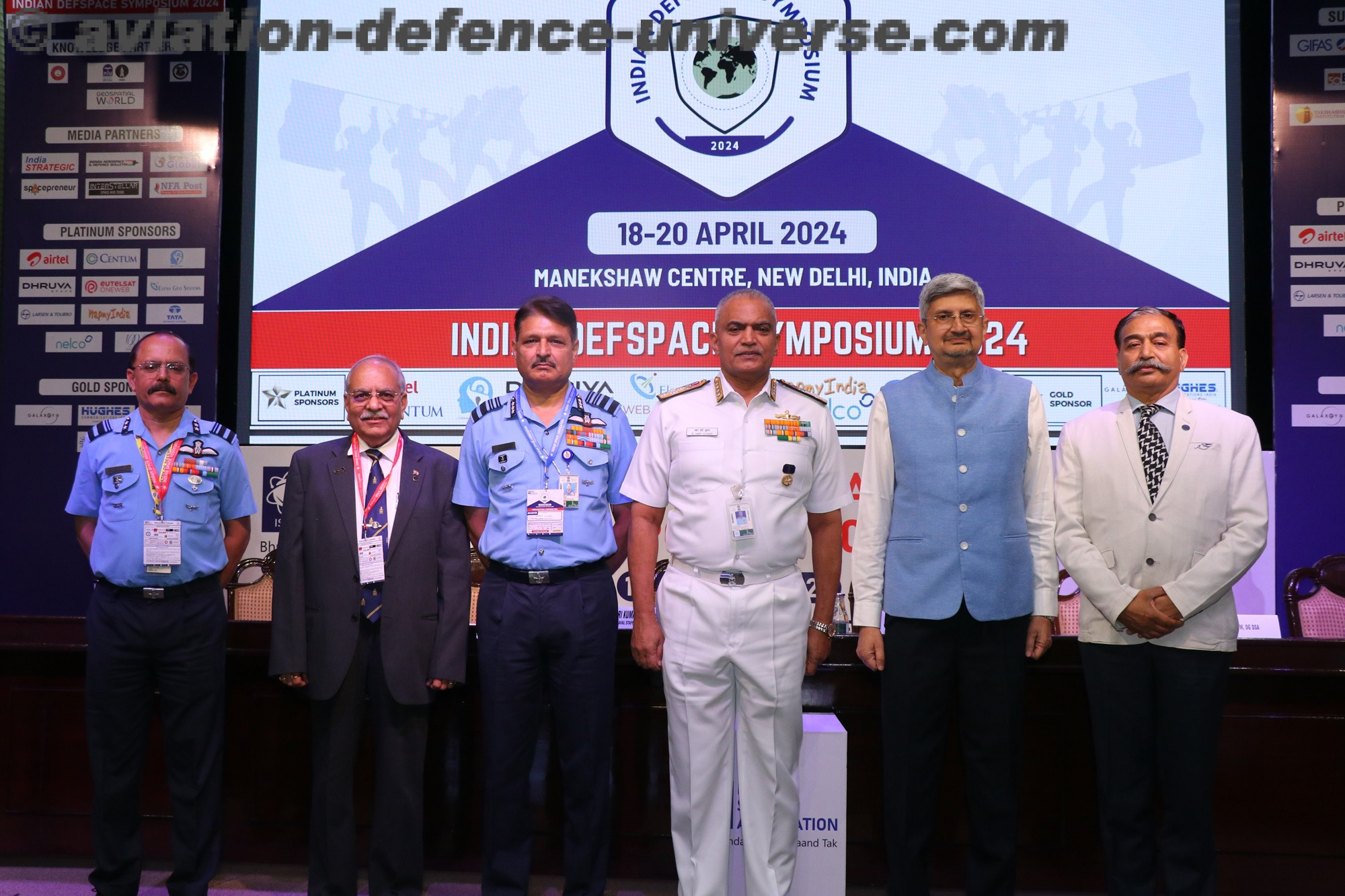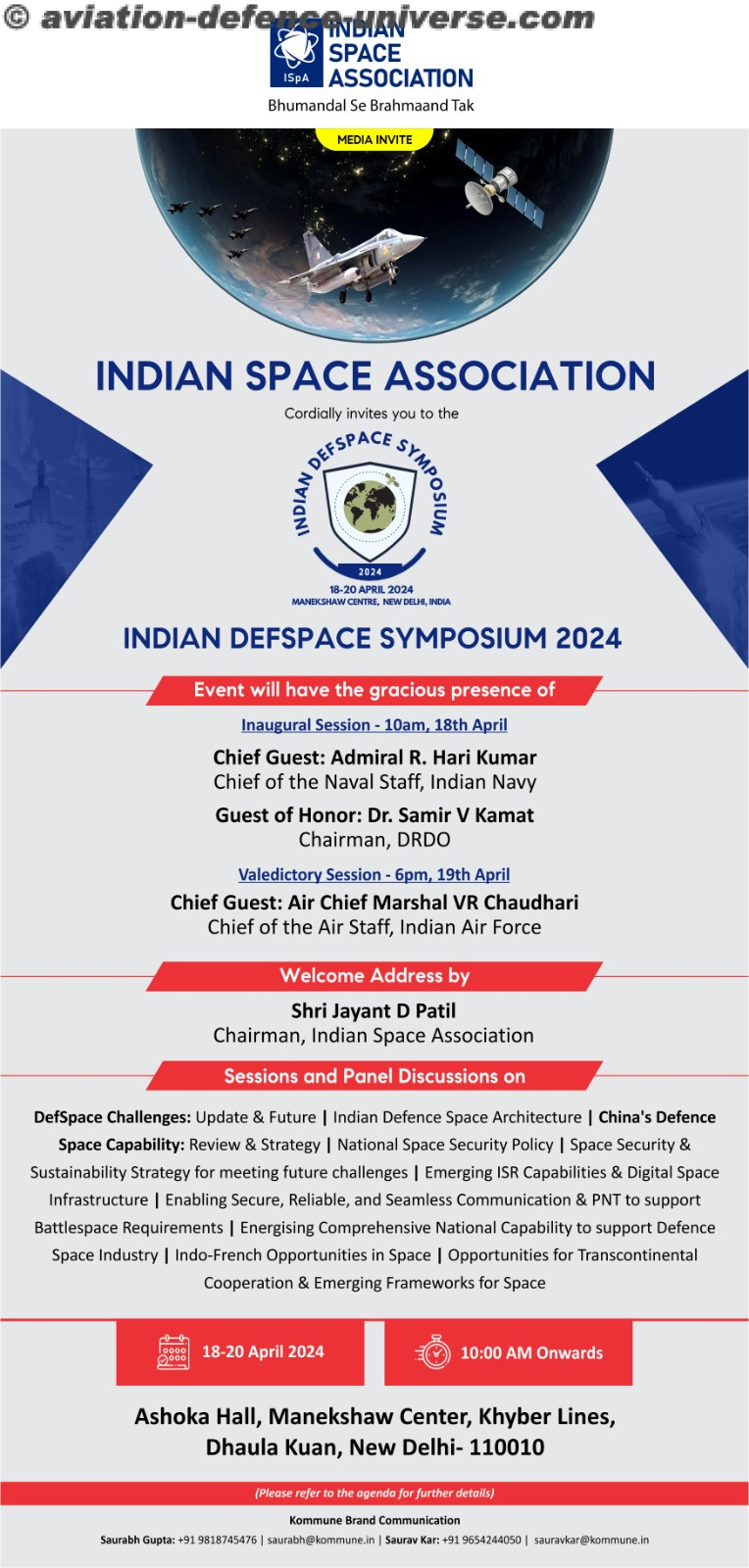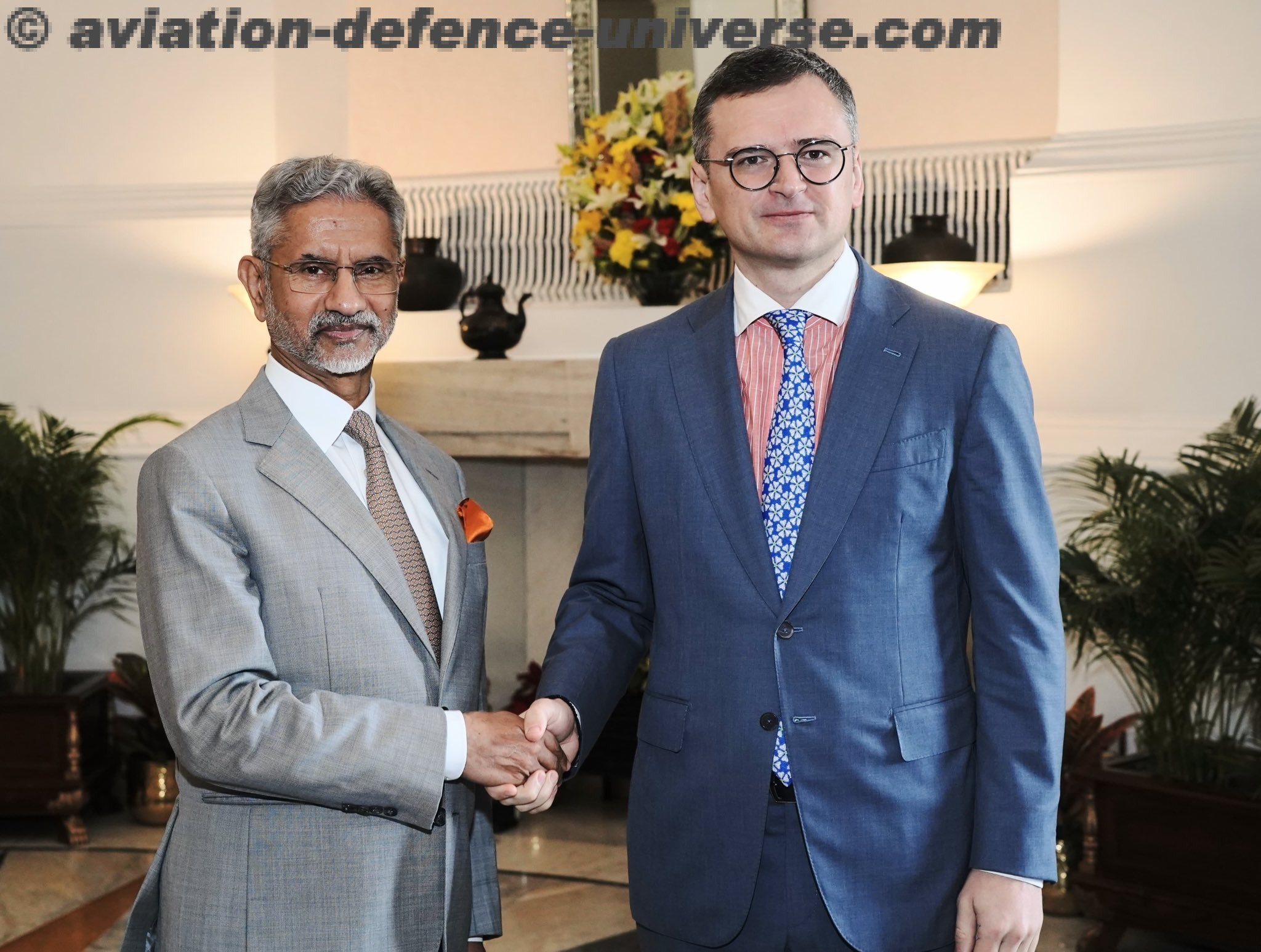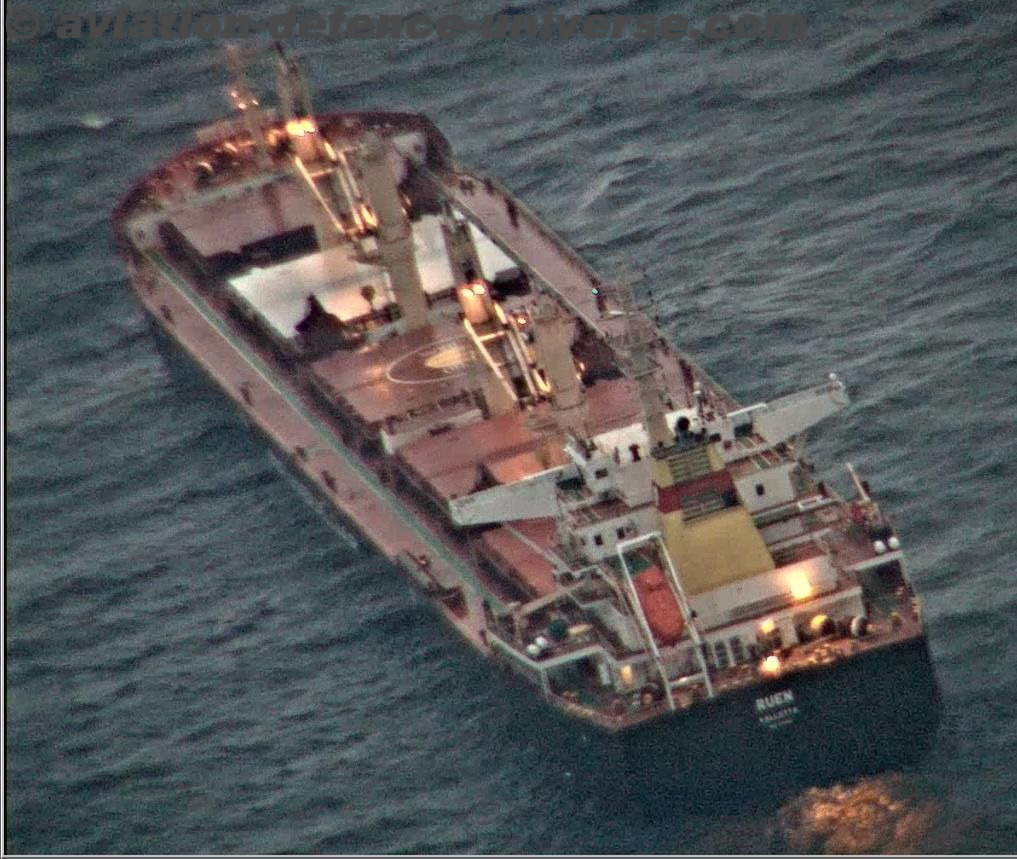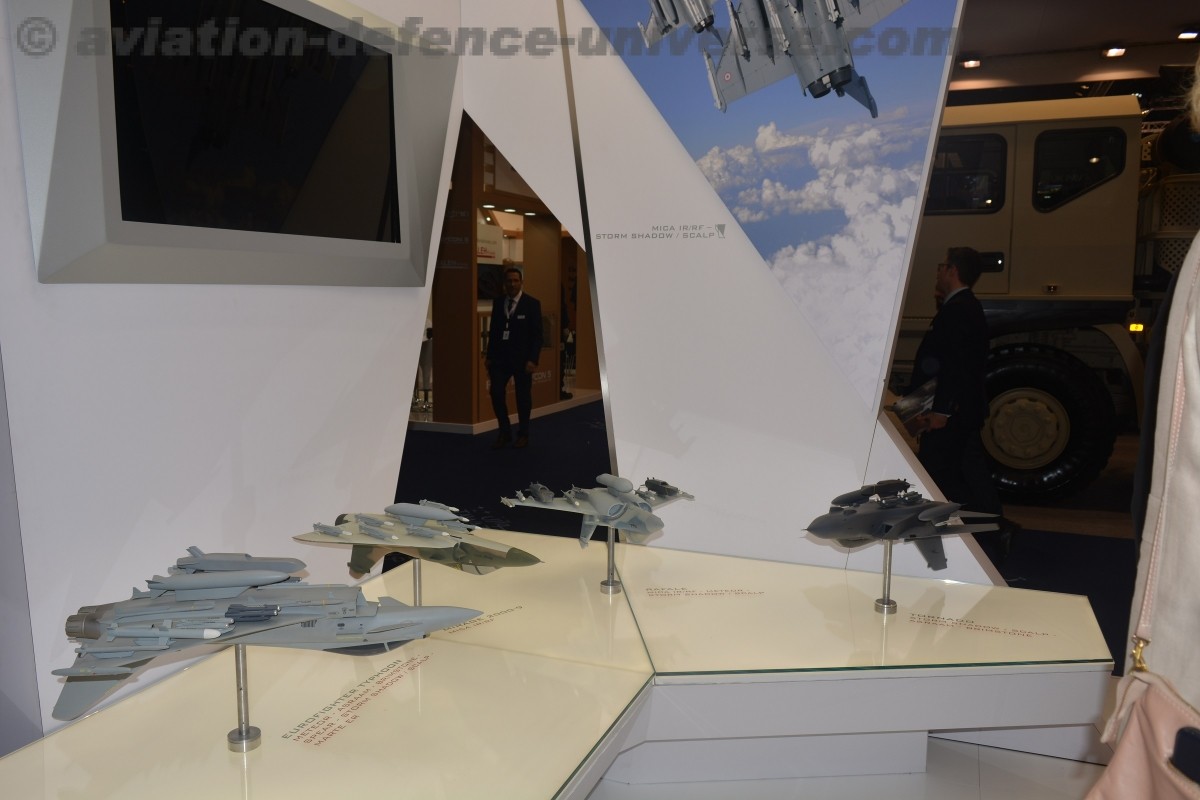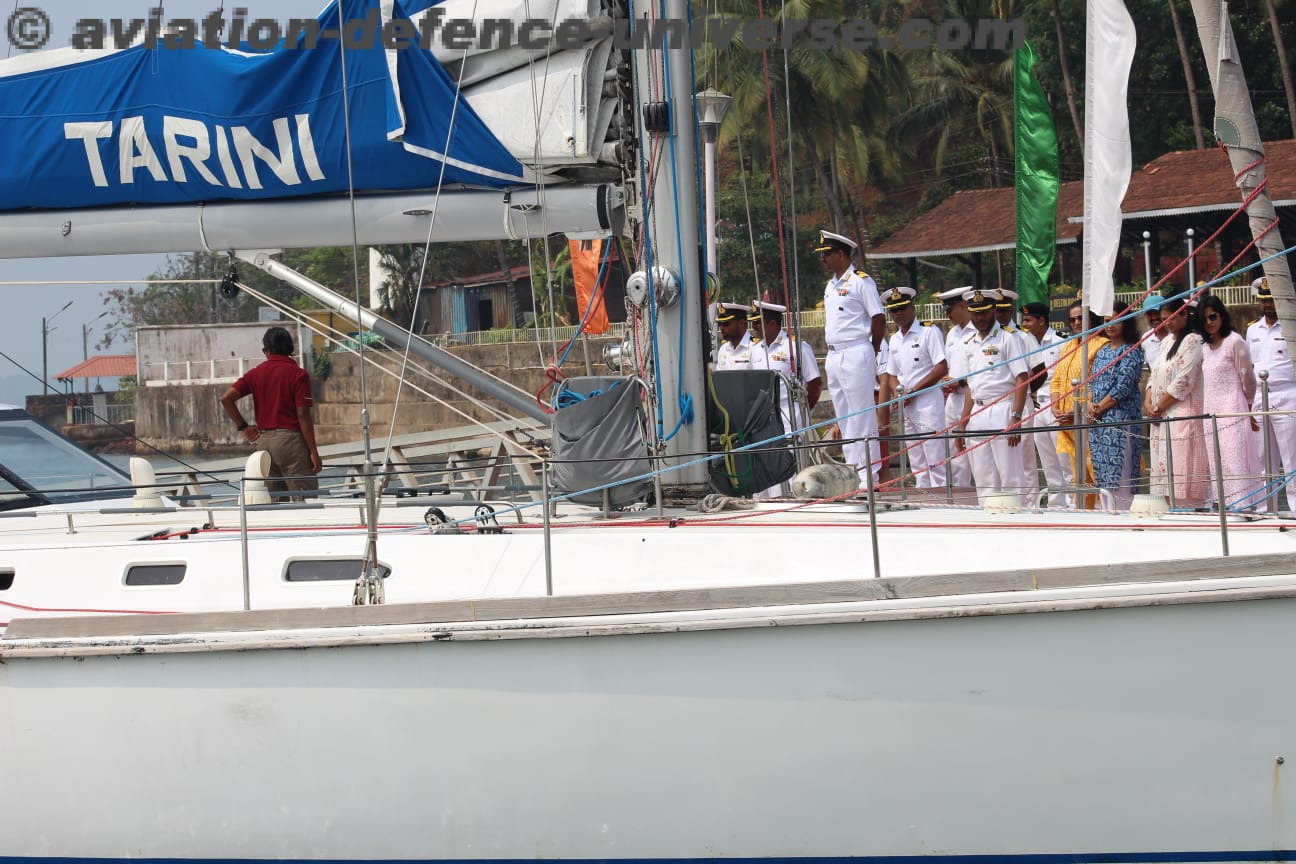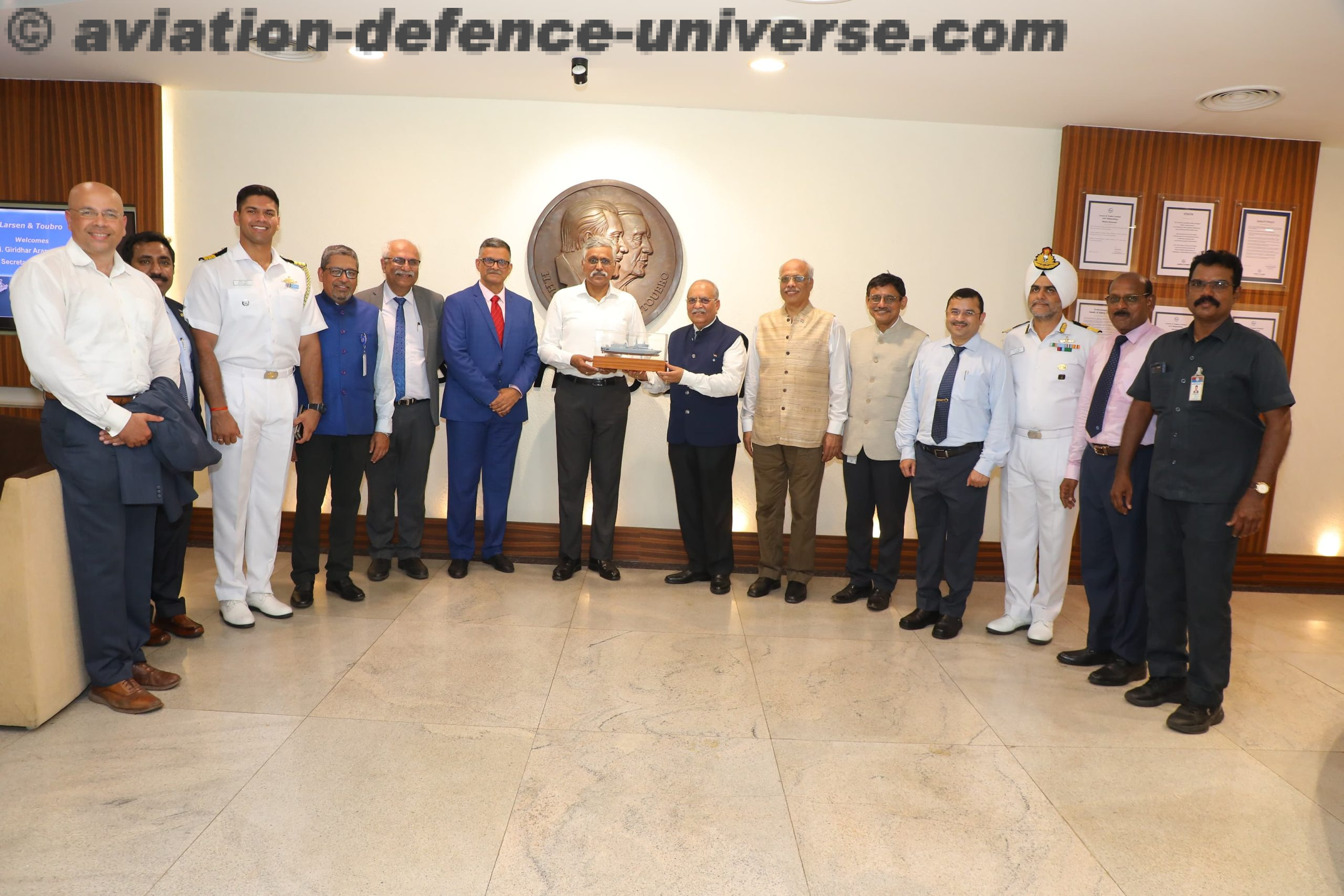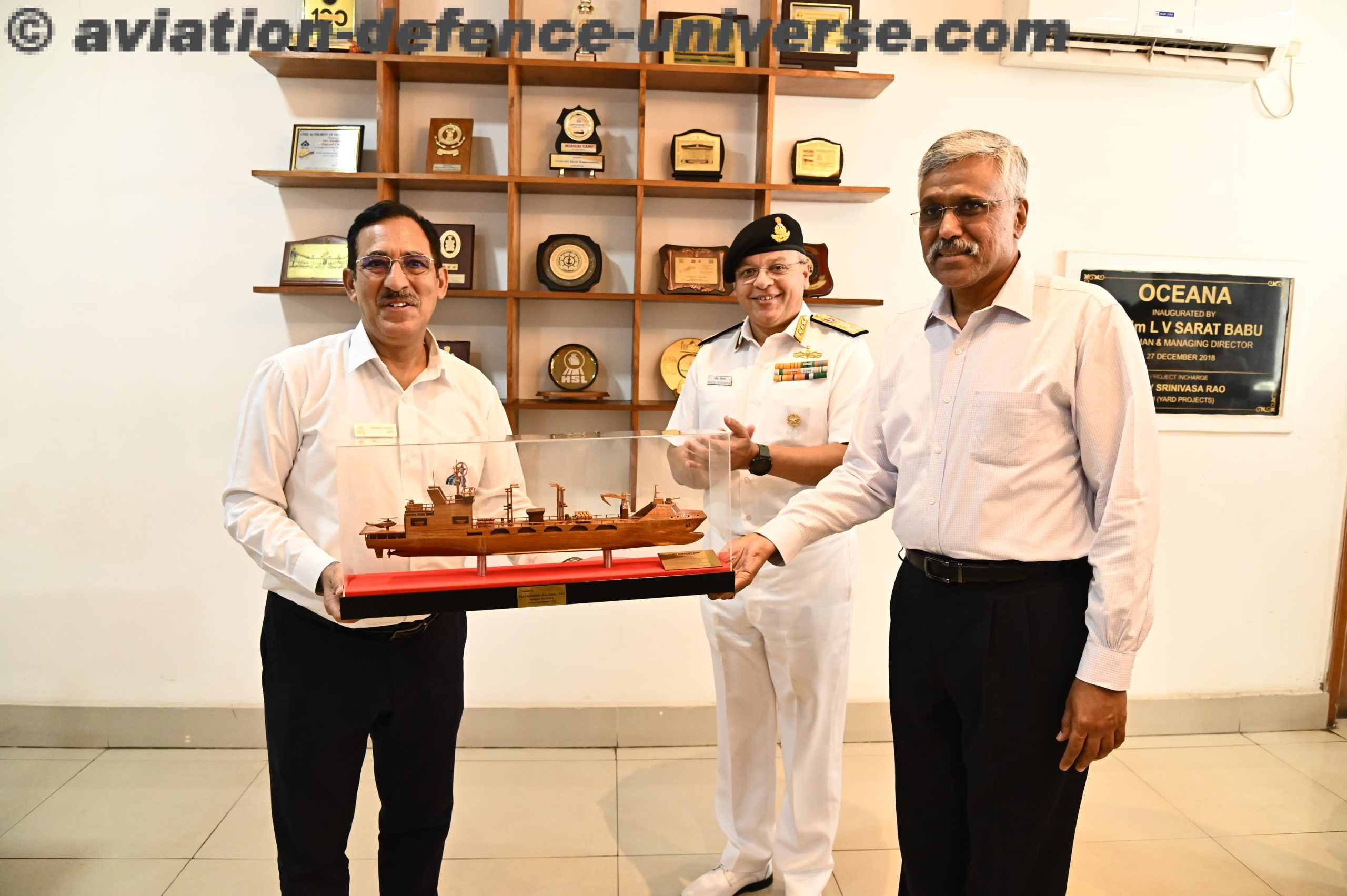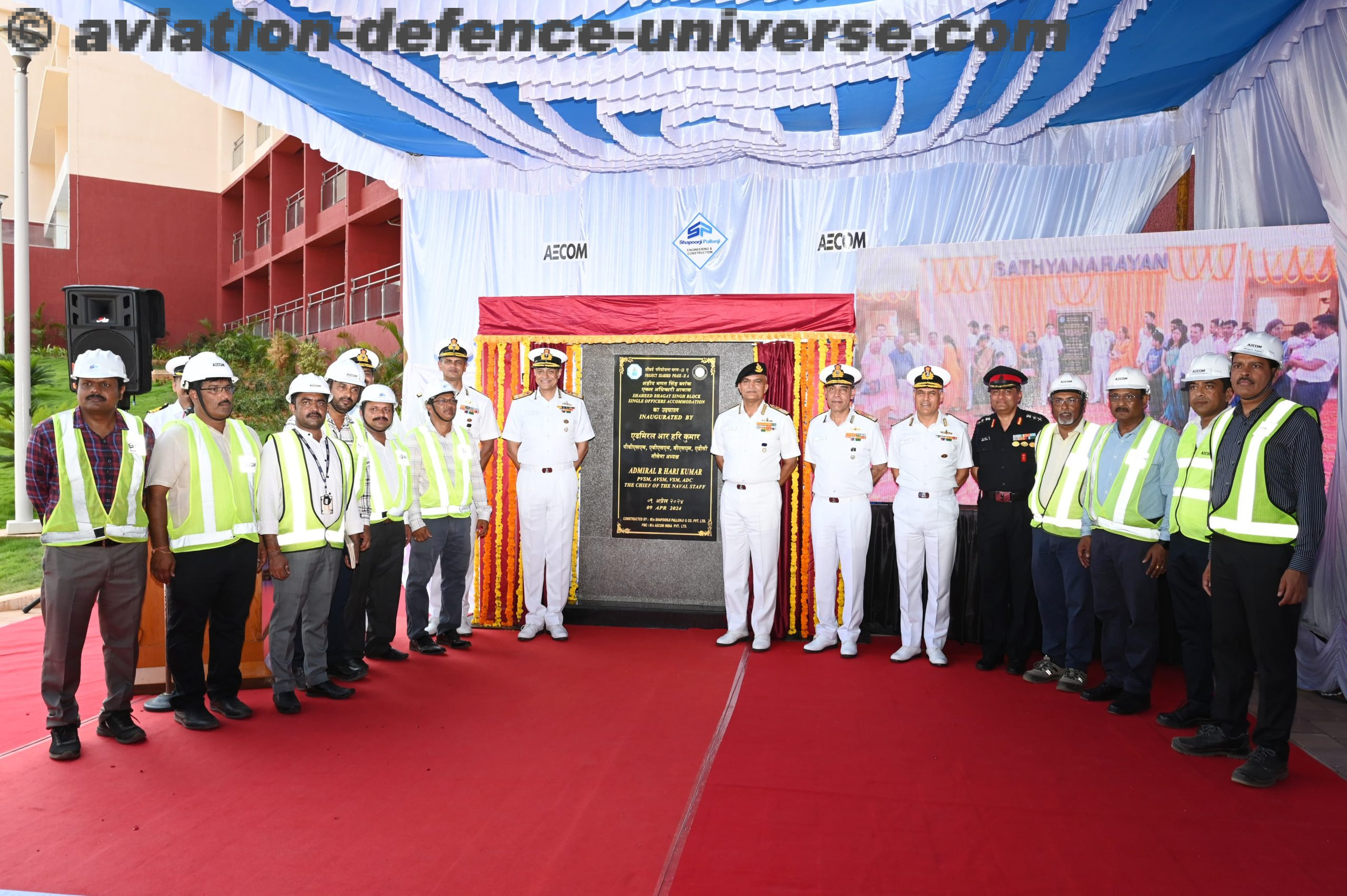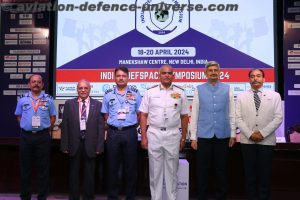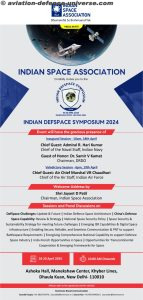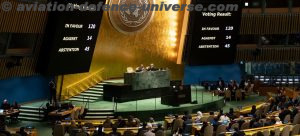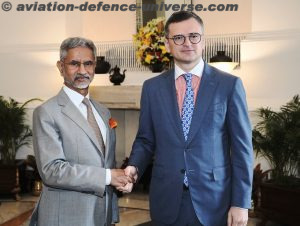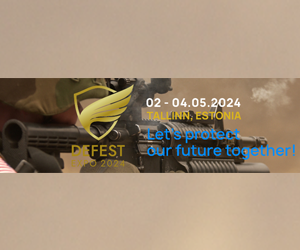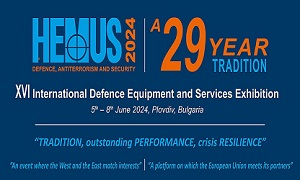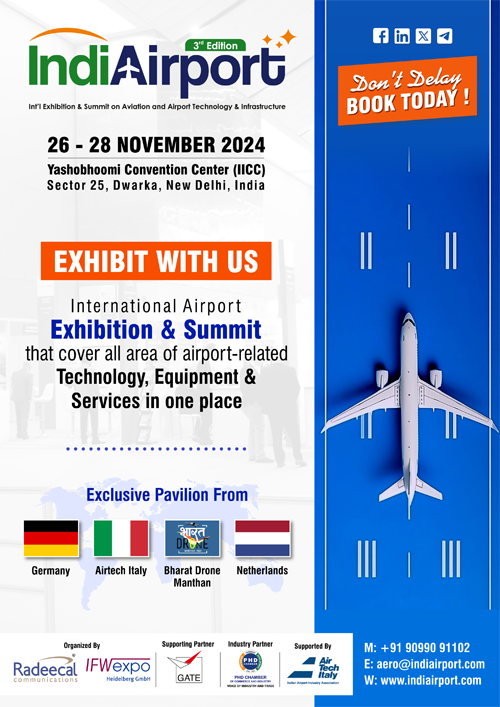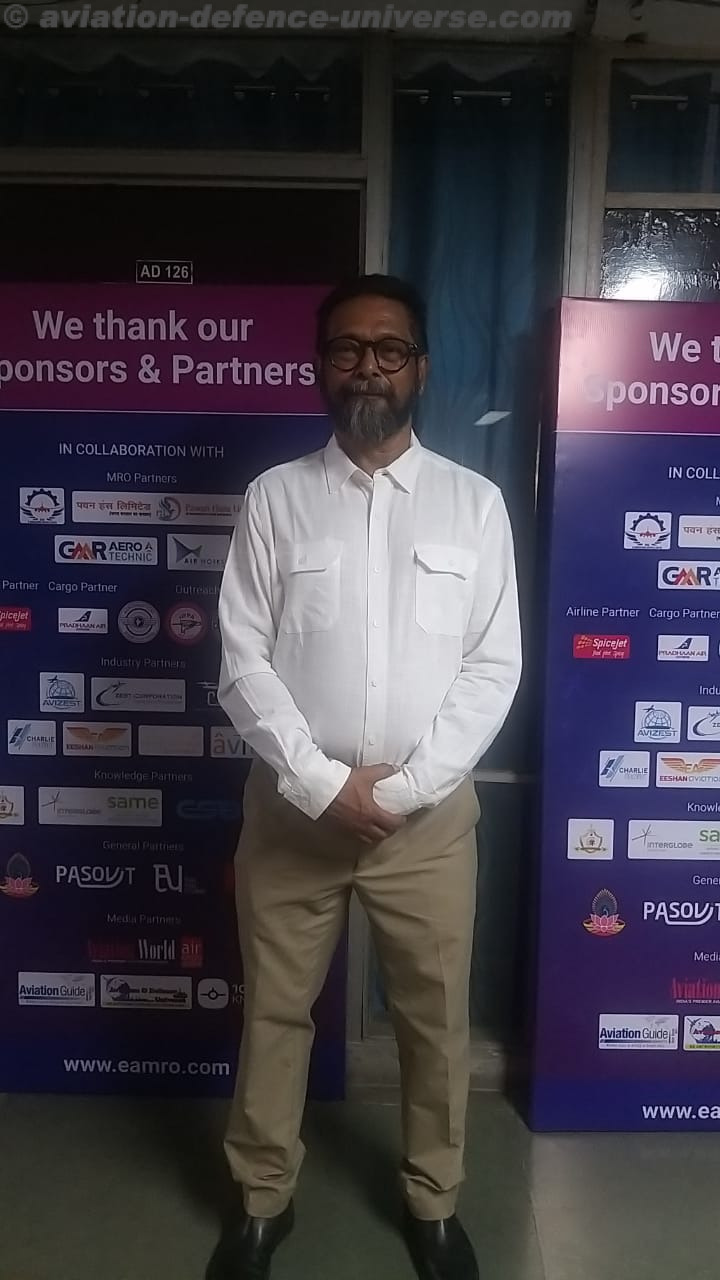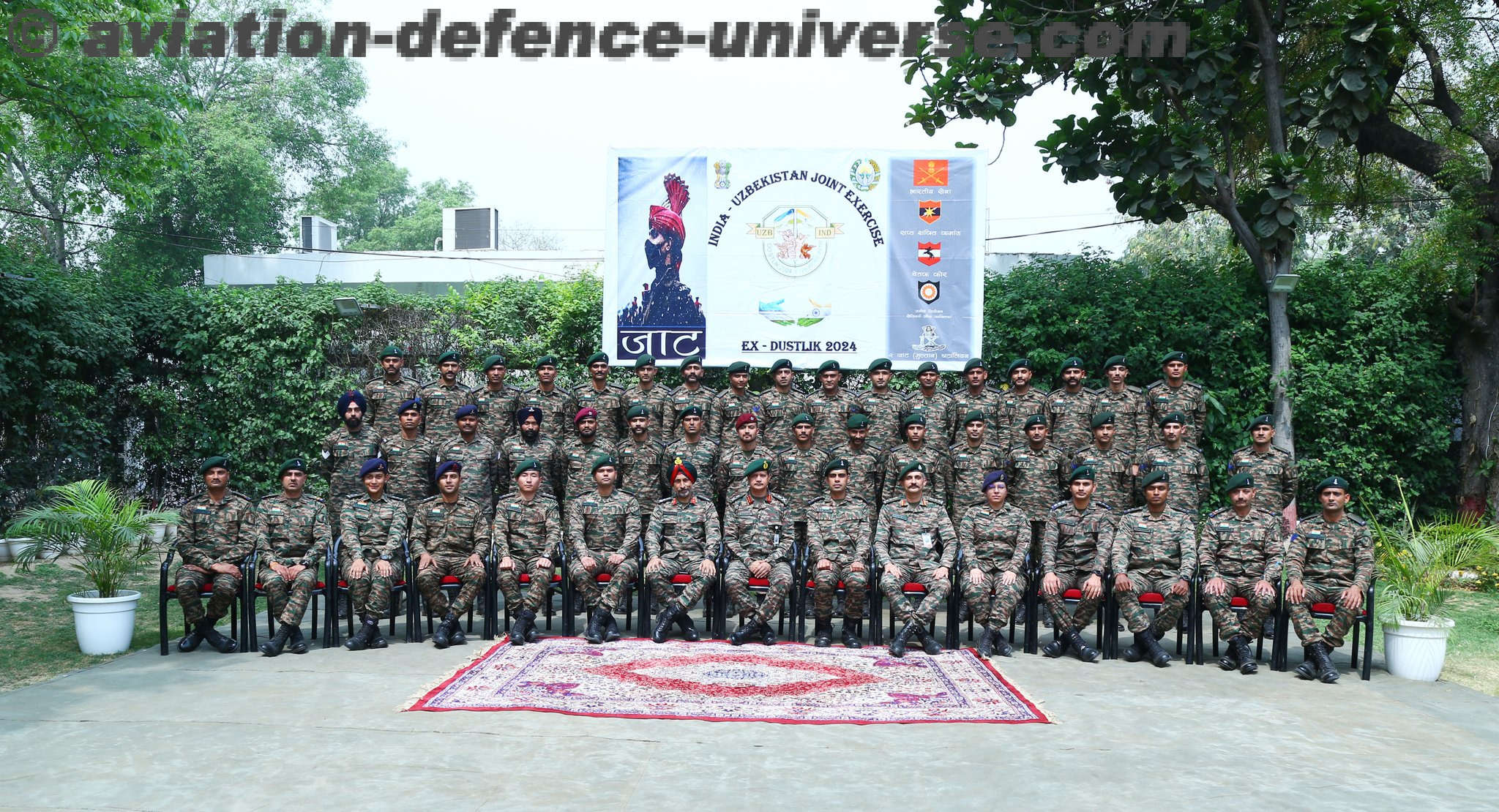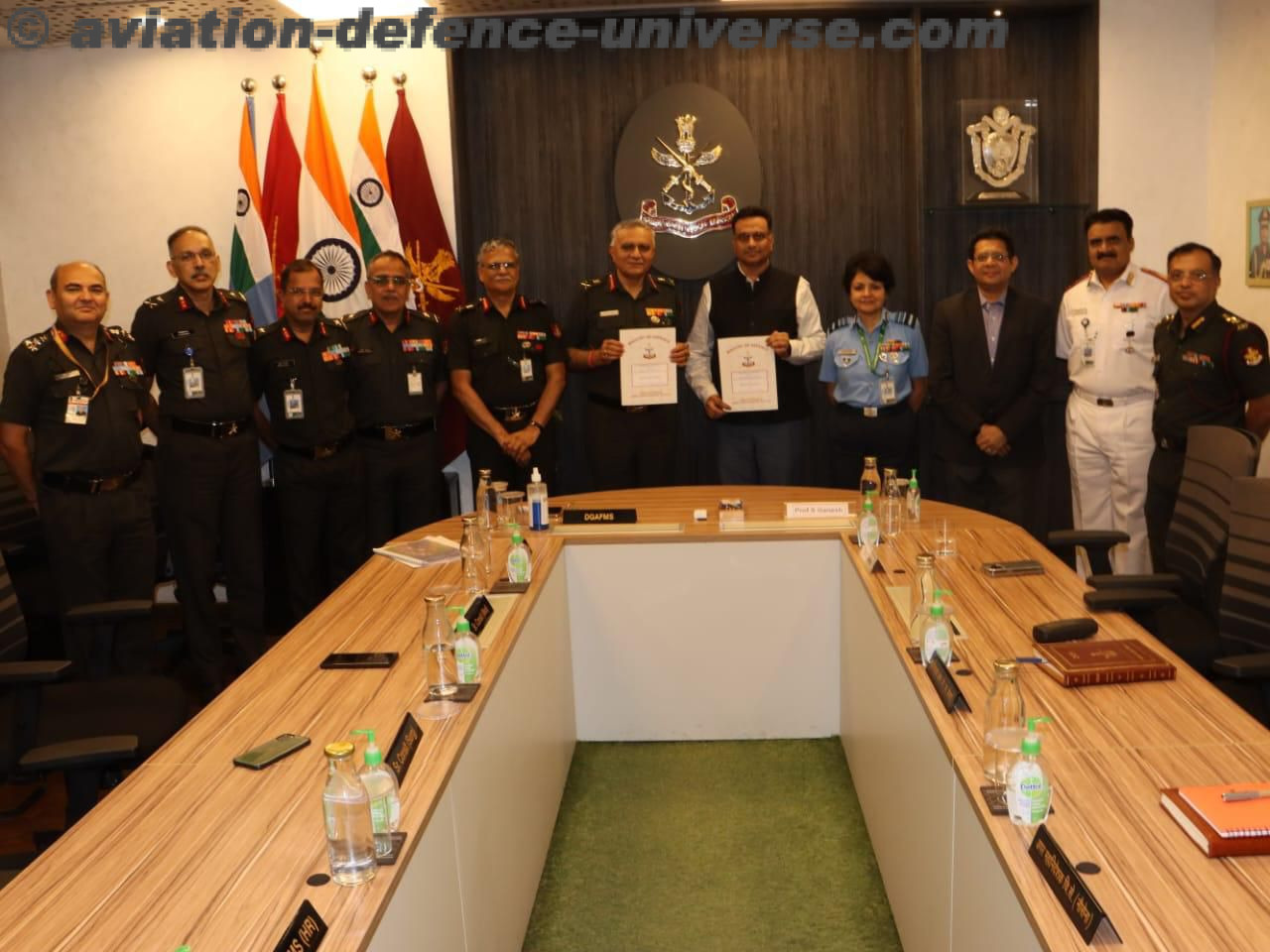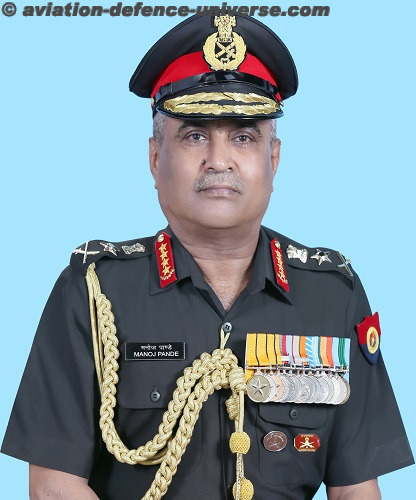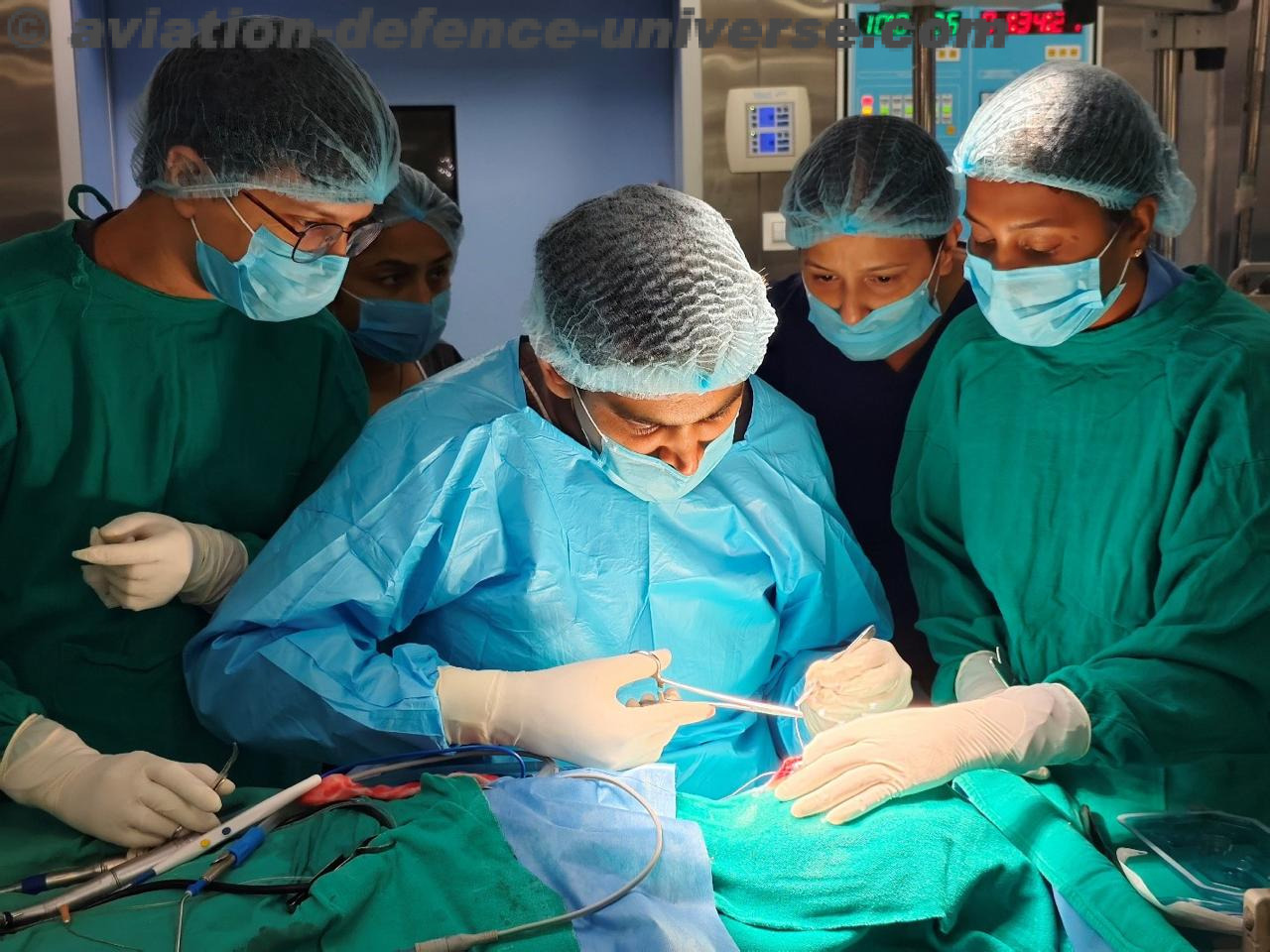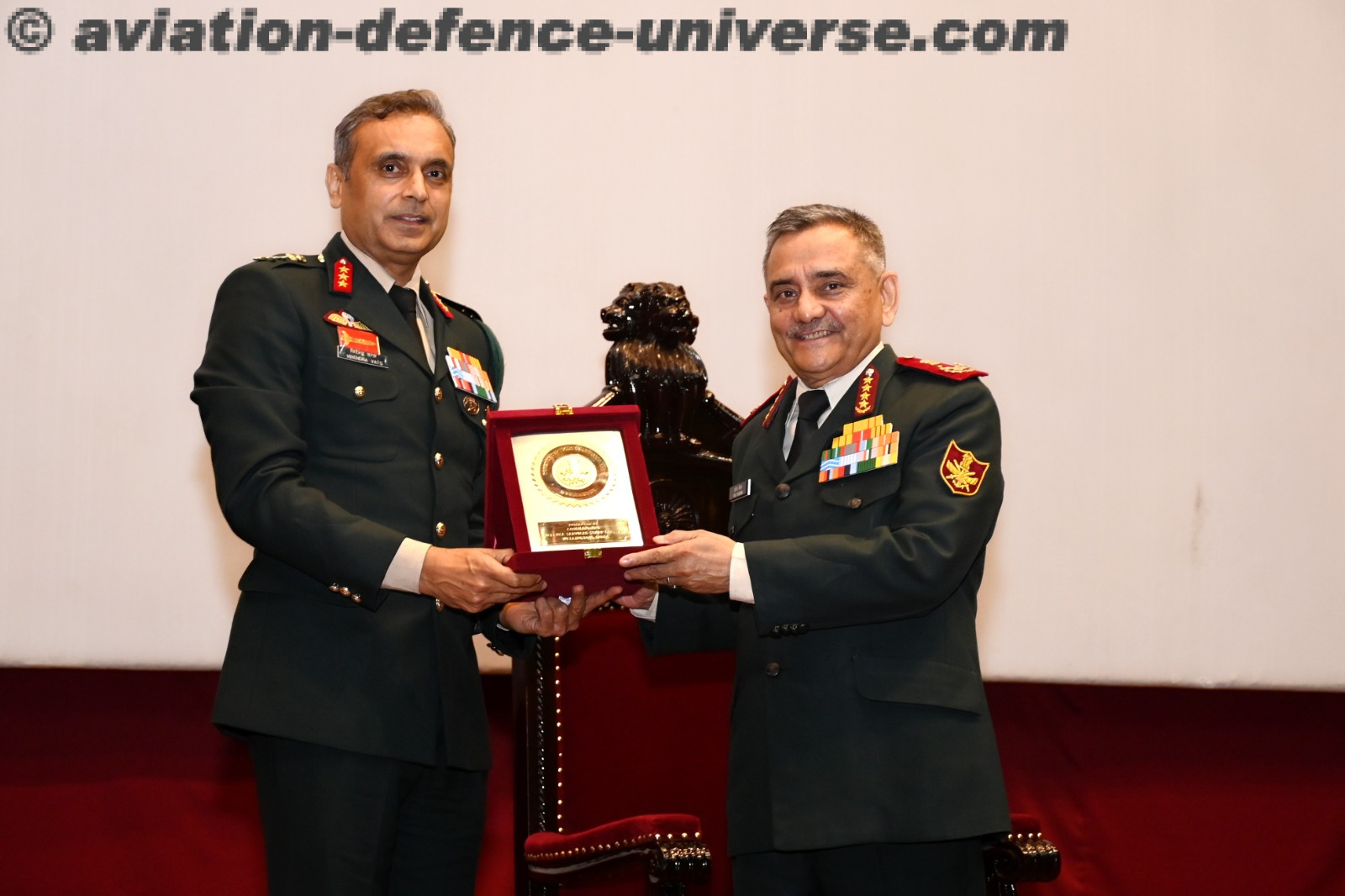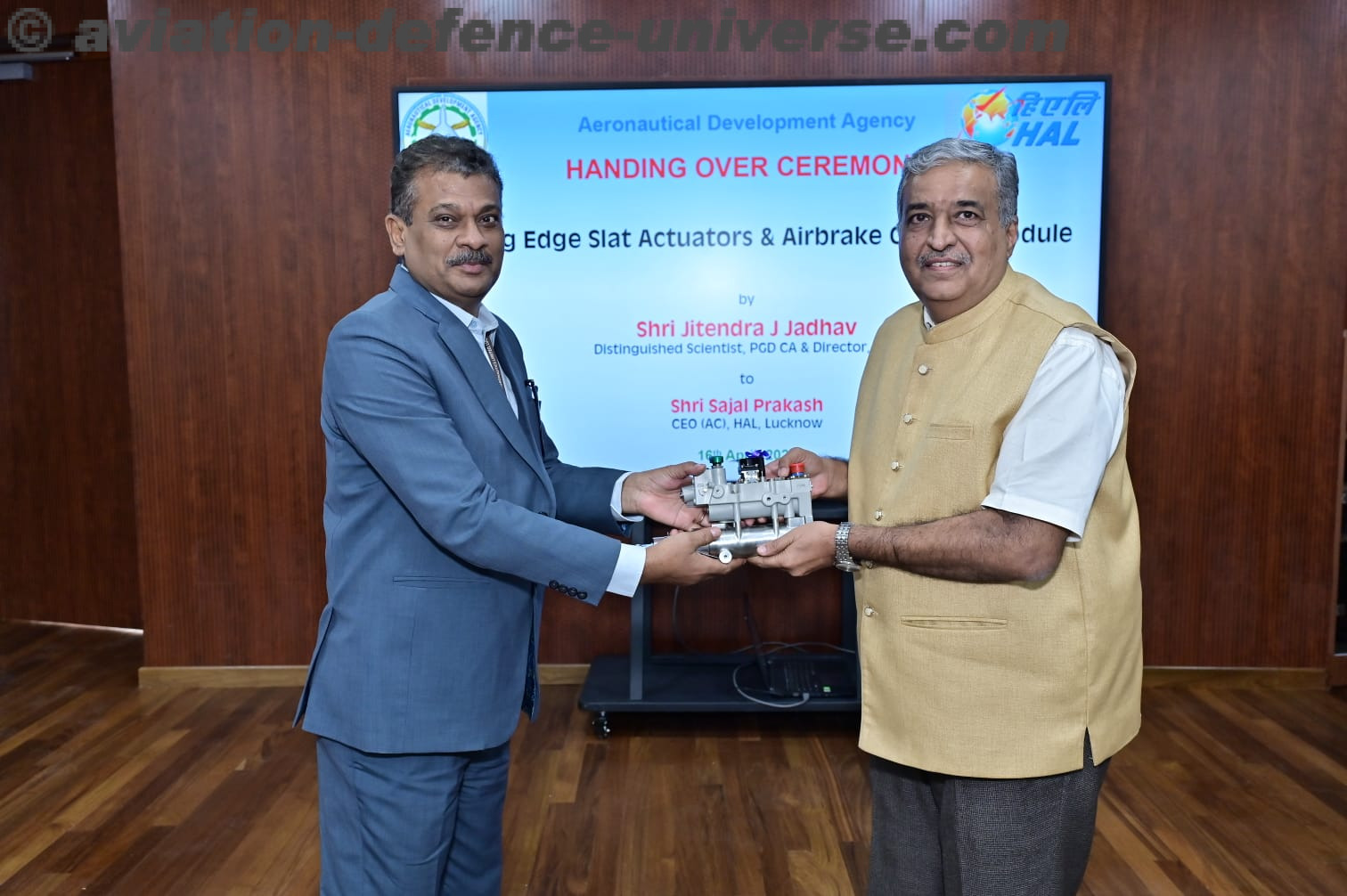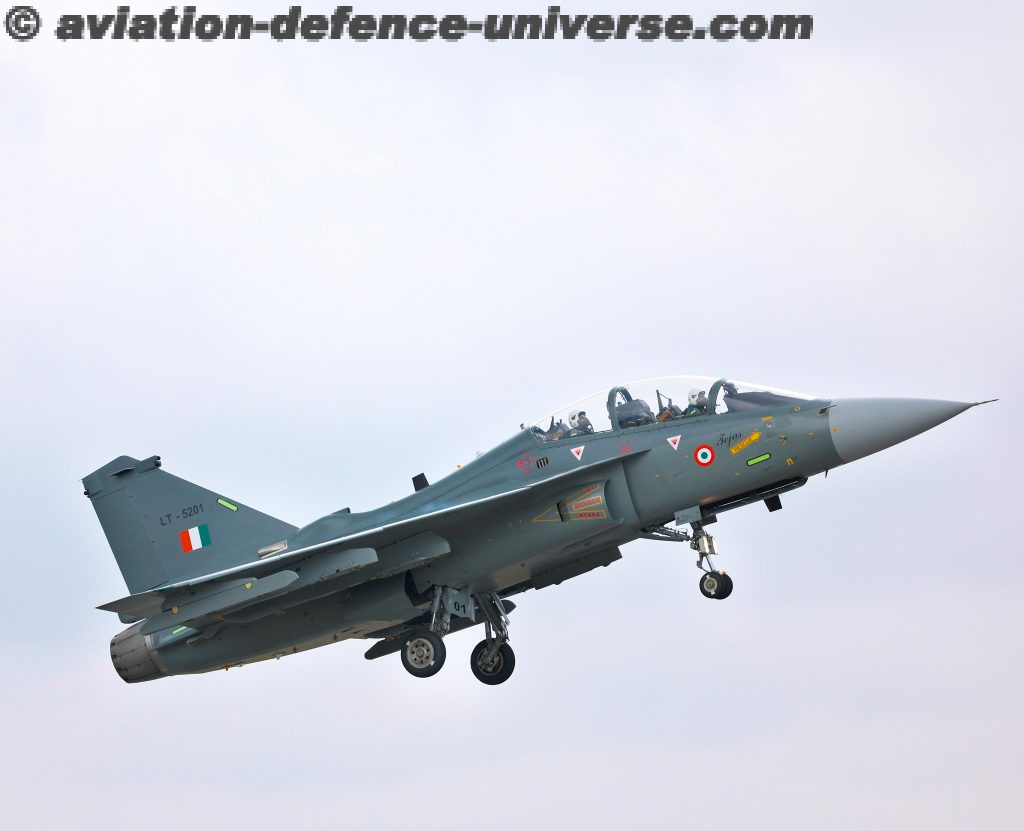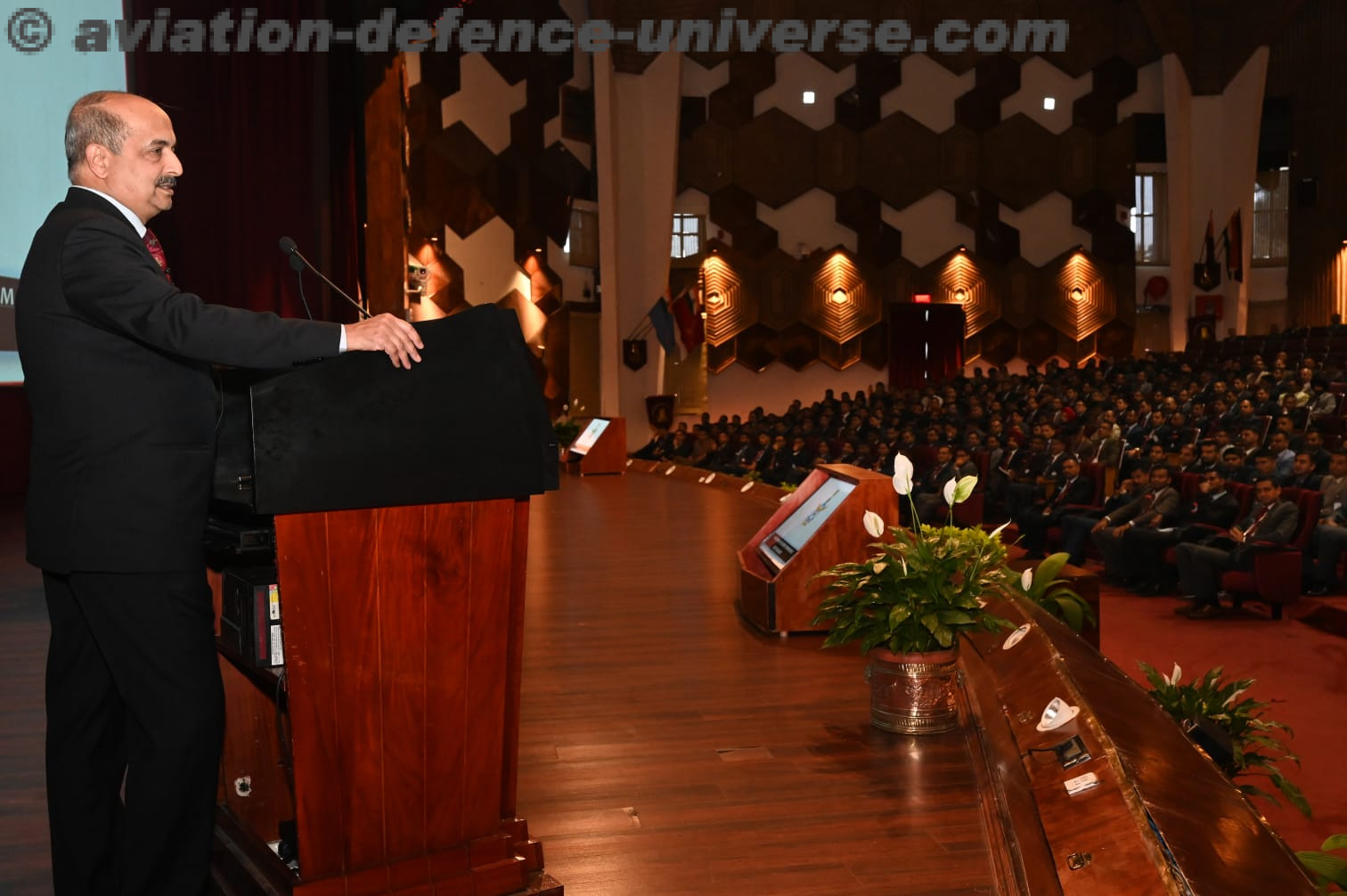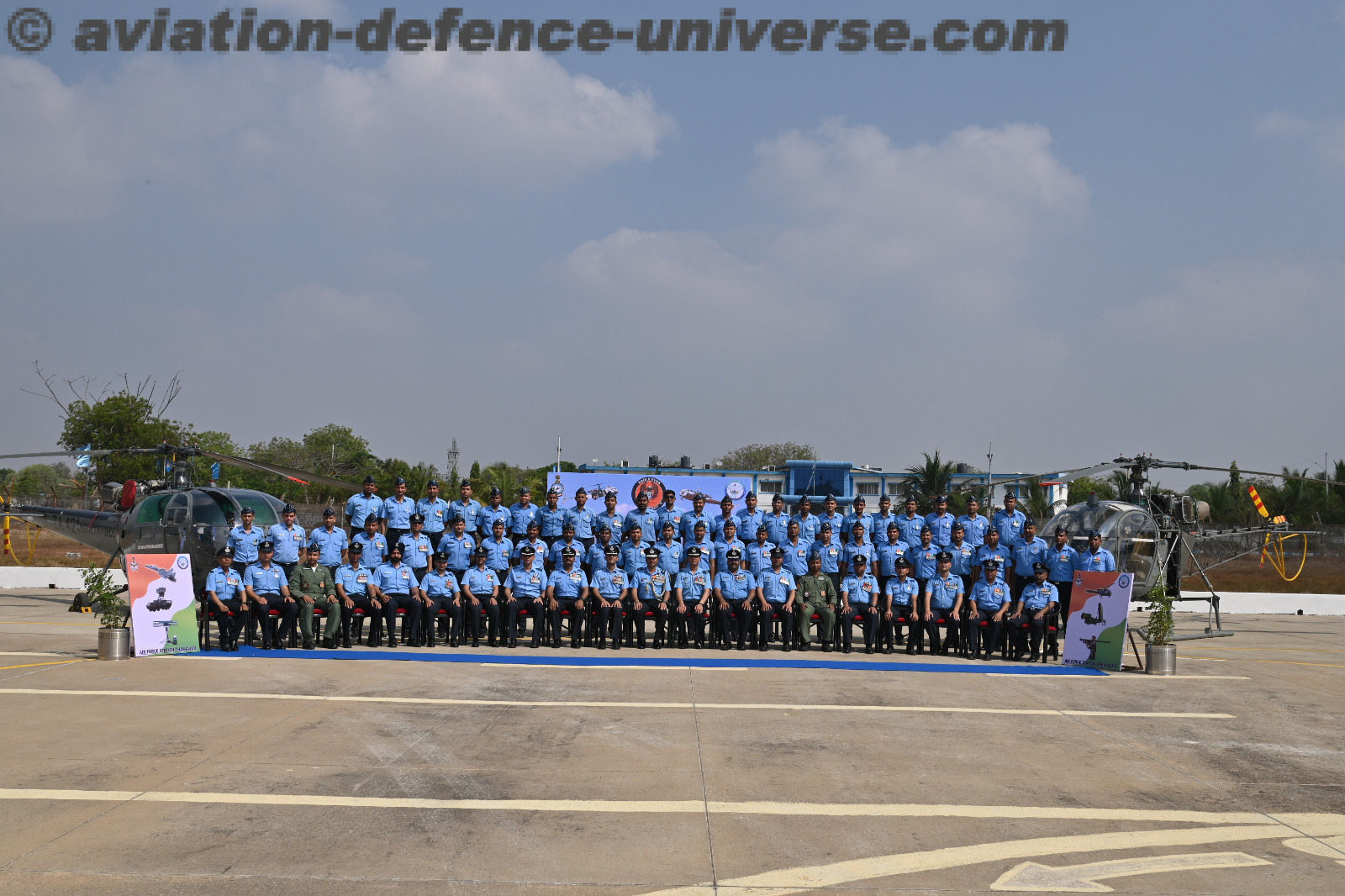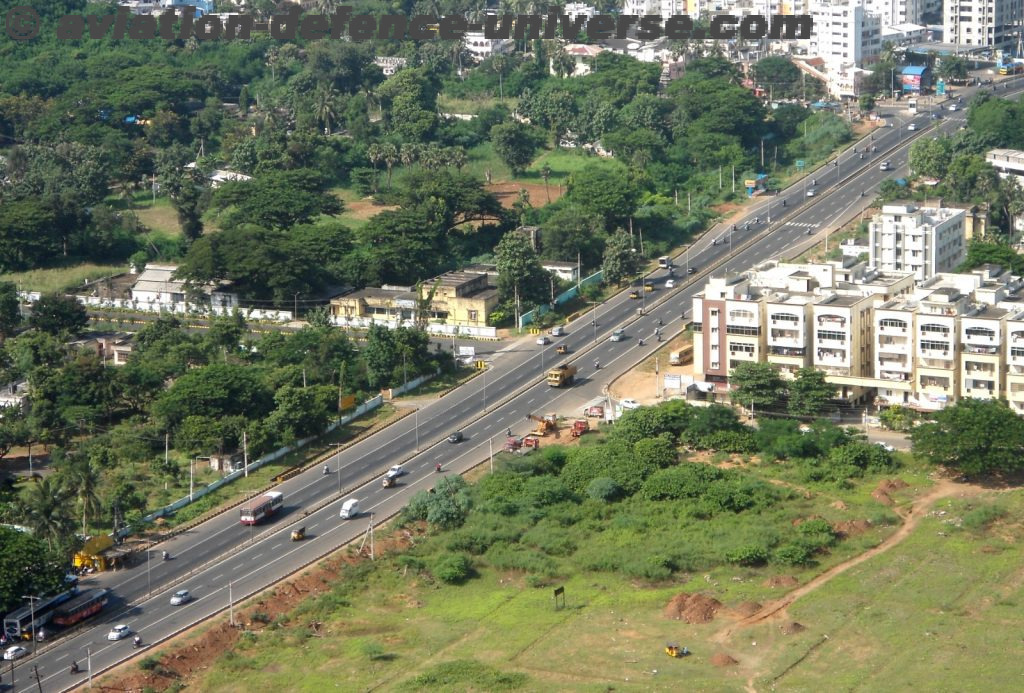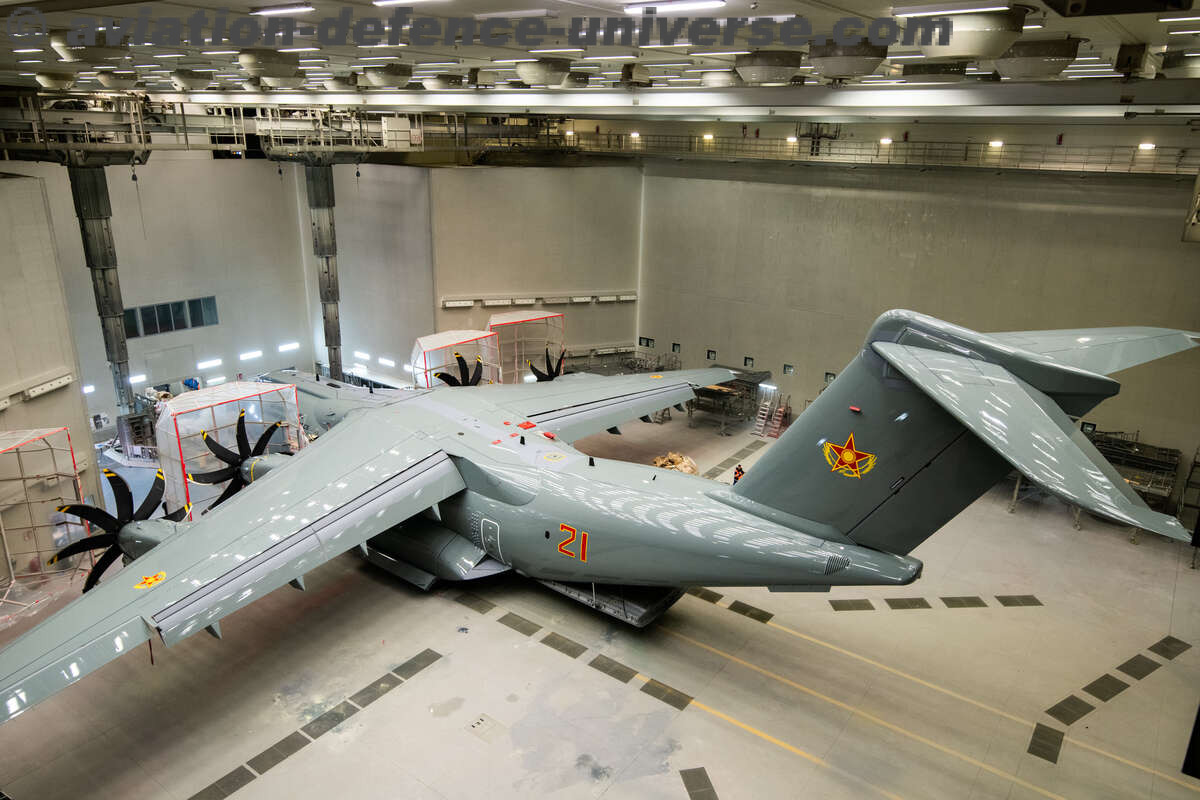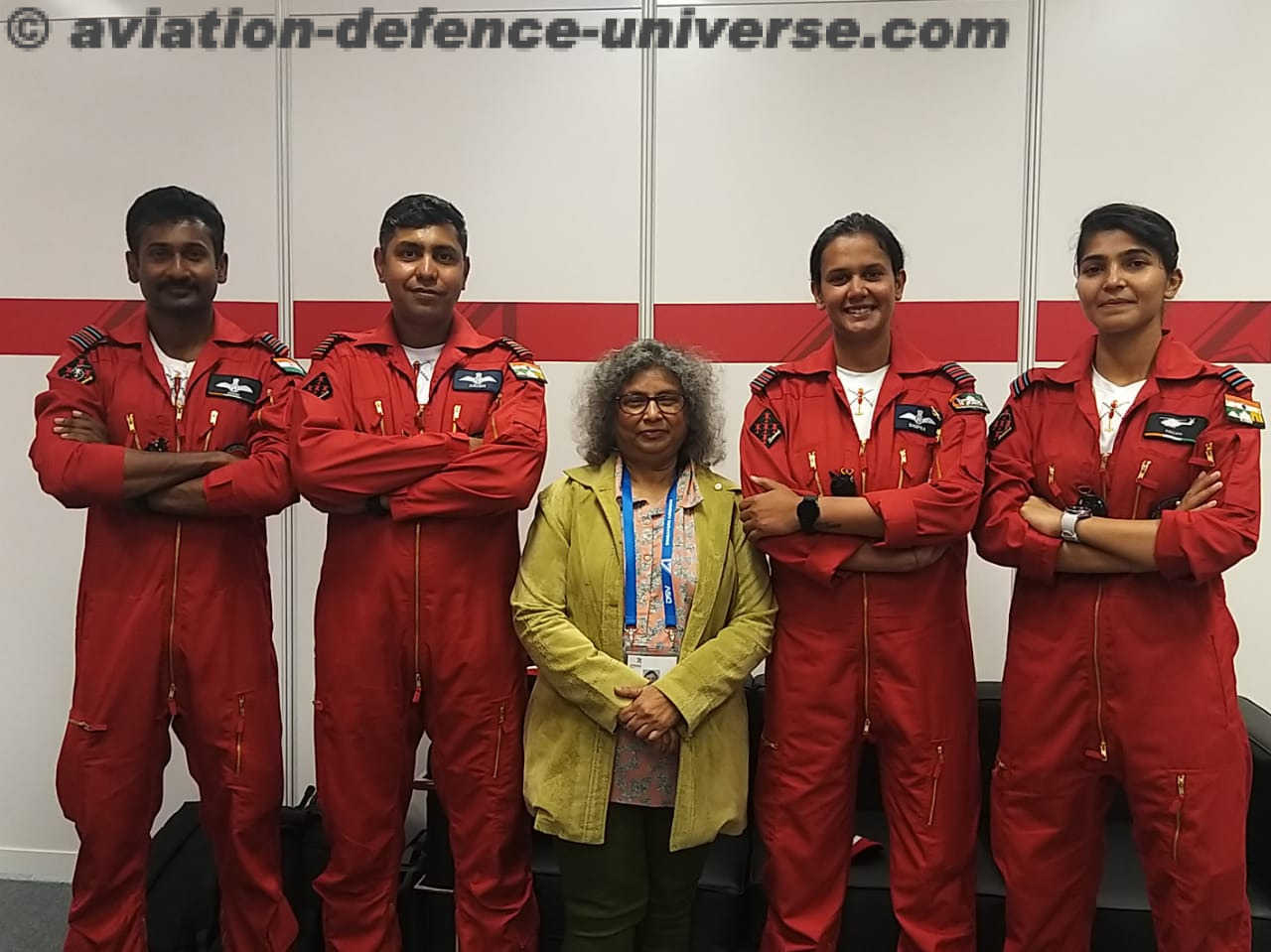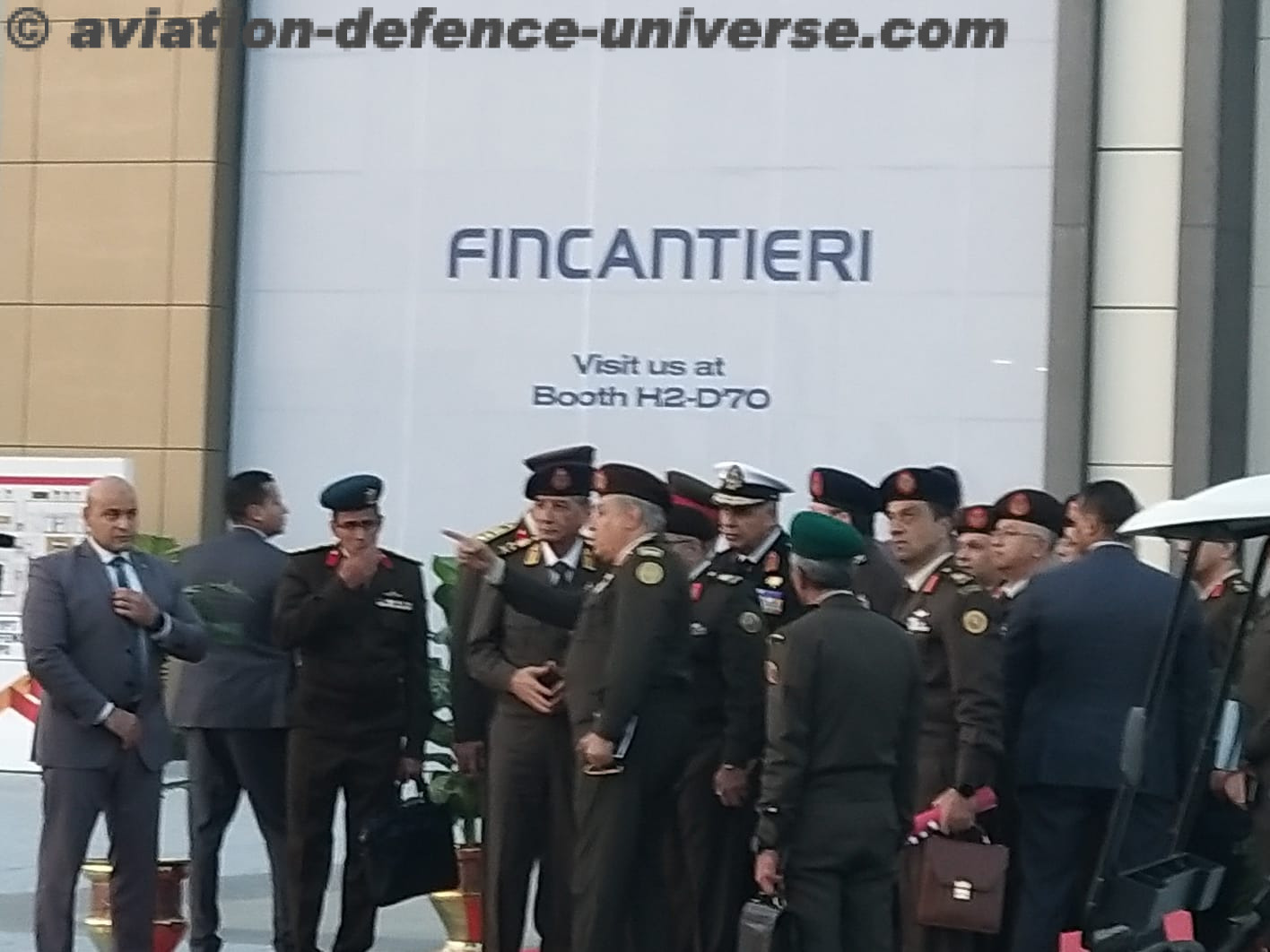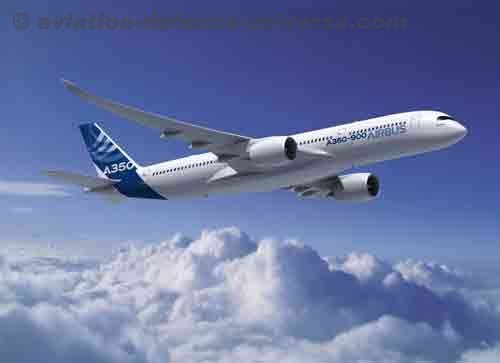- Joint trilateral Sulu Sea air patrol to fight terrorism
By Suresh Somu, Bangkok. 18 October 2017. Tackling the maritime threats from Islamic State extremists took a new dimension with Malaysia, Indonesia and the Philippines launching trilateral air patrols recently.
It’s part of a bold regional initiative to bolster a three-month-old joint maritime effort that aims to rid their shared borders of threats from terrorists.
Malaysian Defence Minister Hishammuddin Hussein hosted the launch of the Trilateral Air Patrol (TAP) at the Subang Royal Malaysian Air Force Base, where he was joined by his counterparts, Indonesian retired General Ryamizard Ryacudu and Delfin Lorenzana of the Philippines.
They were united in reiterating the air patrols were crucial to combating is in the southern Philippines, especially around the Sulu Sea.
“No country is safe from the clutches of Islamic state. But today we have sent a signal that if you touch any one of us, we will face you head-on together,” Hishammuddin told reporters after the launch. He made it clear that the joint air patrol was an important and positive step and the commitments should be applauded.
“With the region consumed by the growing threat posed by the Islamic State, we need to highlight this arrangement’s significance in not just the Sulu Sea, but in the context of challenges in south-east Asia, more broadly,” he said in his speech.
Abdul Aziz Moh Tamit, Brunei’s Deputy Defence Minister, and Dr Maliki Osman, Singapore’s senior minister of state (defence and foreign affairs), attended launch as observers.
In an earlier interview, Singapore Defence Minister Dr. Ng Eng Hen reiterated that terrorism cannot be allowed to become entrenched in south-east Asia and if terror networks establish roots in any part of the region, there would be grave security implications for the rest of the region.
General Ryacudu and Lorenzana also signalled their governments’ commitment to wiping out is through the air patrols in conjunction with the established sea patrols.
“The Indonesian government is firm that is should not grow to other southeast Asian countries and militants in southern Philippines must be destroyed,” General Ryacudu told reporters, adding that military leaders from the United States, China and Australia approached him about joining the air patrol.
Lorenzana said the air patrol would support the Philippine army in its battle against is. Troops have been fighting IS-backed militants in the southern city of Marawi since May 23.
“We believe the trilateral air patrol will play an important role in efforts to combat is and with the presence of the eye in the sky, it will be able to assist the army on land and the navy at sea to act quickly in the event of any threats from militants,” he added. He also praised the sea patrols launched in June.
“The effectiveness of the maritime patrols have stopped foreign is militants trying to enter southern Philippines, especially in the ongoing fighting in Marawi. Is militants were not able to enter battle areas to supply weapons, which has helped Philippines army to retake Marawi except for few areas where fighting is ongoing,” he said.
The three countries will adopt an on-going monthly rotation for the joint air patrols. Malaysia will be the first nation to lead the operation in November, followed by the Philippines in December, and subsequently Indonesia in January 2018, Hishammuddin added.
He said the trilateral arrangement was similar to the Malacca straits patrol, a joint initiative among Malaysia, Thailand, Singapore and Indonesia in the Straits of Malacca that resulted in a sharp drop in piracy.
“What we are doing in the Sulu Sea is essentially the same thing. While the amount of global trade passing through the Sulu Sea is significantly lower than the amount passing through the Straits of Malacca, it is nonetheless substantial,” Hishamuddin said.
“It is estimated that about us $40 billion worth of goods transit these waters annually. This, combined with cross-border movements of local communities and a porous maritime border, has led to the difficulty of maintaining open and secure shipping links,” he added.




